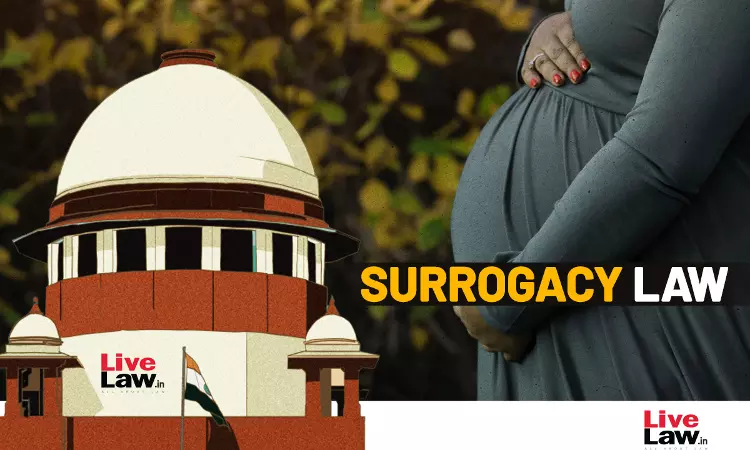'Surrogate Mother Need Not Be Genetically Related To Child' : Centre Clarifies Surrogacy Law Provision Before Supreme Court
Awstika Das
7 Feb 2023 8:12 PM IST

But the child to be born must be genetically related to the intending couple or the intending woman, the Centre added.
Next Story


